A study using 7T QSM identifies microstructural changes in the brainstem of COVID-19 survivors, suggesting links to long-term neuroinflammatory responses.
By Tarun Sai LomteReviewed by Lily Ramsey, LLMOct 10 2024 Groundbreaking MRI study links brainstem damage to long COVID symptoms in survivors.
These brainstem abnormalities have been proposed as a mechanism for post-acute COVID-19 syndrome . Nevertheless, conventional 3 Tesla magnetic resonance imaging has not shown consistent brainstem abnormalities at follow-up. As such, advanced MRI techniques, e.g., QSM, have the potential to identify more subtle changes.
The lowest platelet levels and the peak D-dimer and C-reactive protein levels during hospitalization were recorded. Findings Overall, 30 COVID-19 patients and 51 HCs were enrolled. The two groups did not significantly differ in age; however, the control group had more males than females. Additional clusters were identified in the midbrain and pons at a less stringent threshold. The mean susceptibility values extracted from the two medullary clusters were positively associated with the peak CRP detected during hospitalization and weakly associated with clinical disease severity and length of hospital stay. No significant trends were observed for other variables.
Covid-19 Brain Chronic Coronavirus Encephalopathy Hospital Imaging Inflammation Magnetic Resonance Imaging Multiple Sclerosis Neurodegeneration Respiratory Sclerosis Syndrome
United Kingdom Latest News, United Kingdom Headlines
Similar News:You can also read news stories similar to this one that we have collected from other news sources.
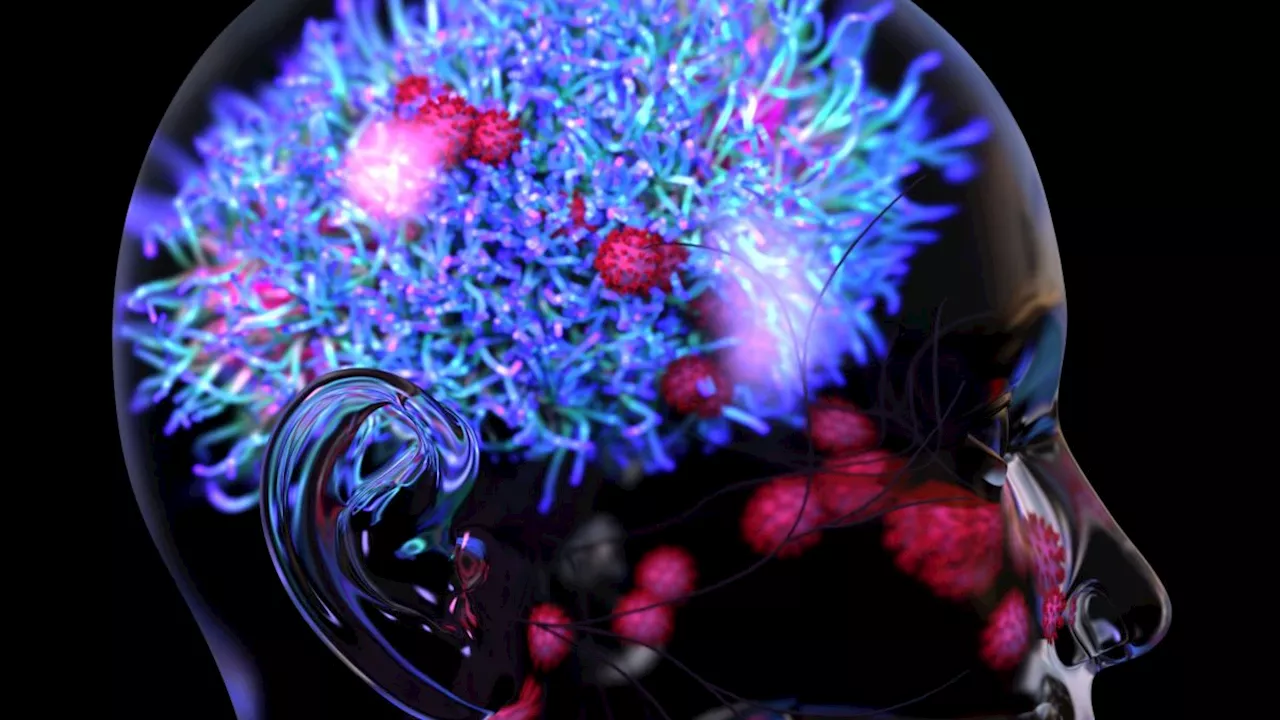 Long Covid damage to brain's 'control centre' revealed by ultra-powerful MRI scansWhile more research is needed, ultra high-resolution scans of hospital patients reveal a link between brainstem damage and the symptoms of long Covid
Long Covid damage to brain's 'control centre' revealed by ultra-powerful MRI scansWhile more research is needed, ultra high-resolution scans of hospital patients reveal a link between brainstem damage and the symptoms of long Covid
Read more »
 Northampton Market returns home after £10m faceliftThe historic market has new stalls from Italy, new paving, new lighting and new trees.
Northampton Market returns home after £10m faceliftThe historic market has new stalls from Italy, new paving, new lighting and new trees.
Read more »
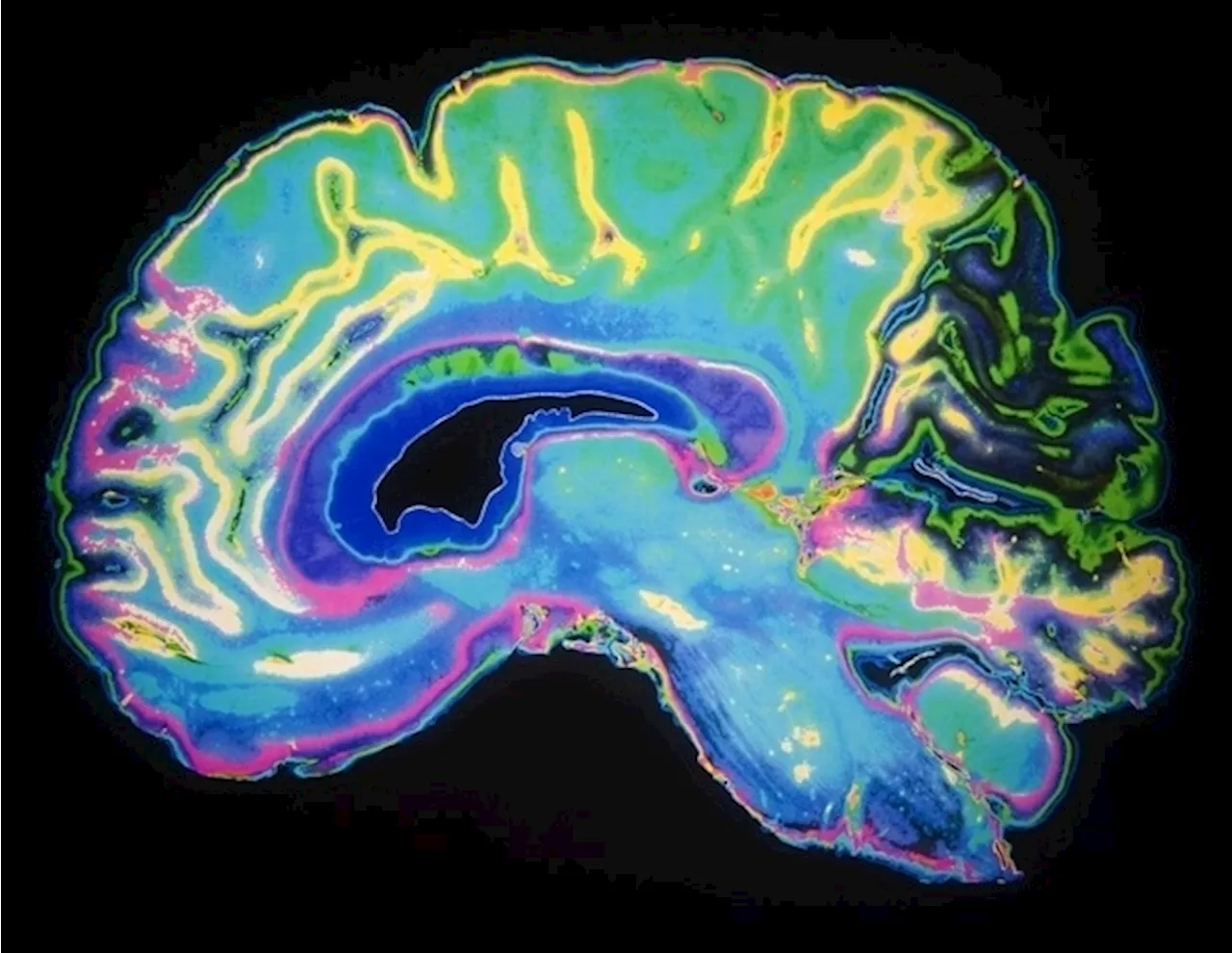 Brain structure shows subtle link to political ideology in large-scale MRI studyFor a long time, the claim has been made that the brains of conservative people are different than those of progressives.
Brain structure shows subtle link to political ideology in large-scale MRI studyFor a long time, the claim has been made that the brains of conservative people are different than those of progressives.
Read more »
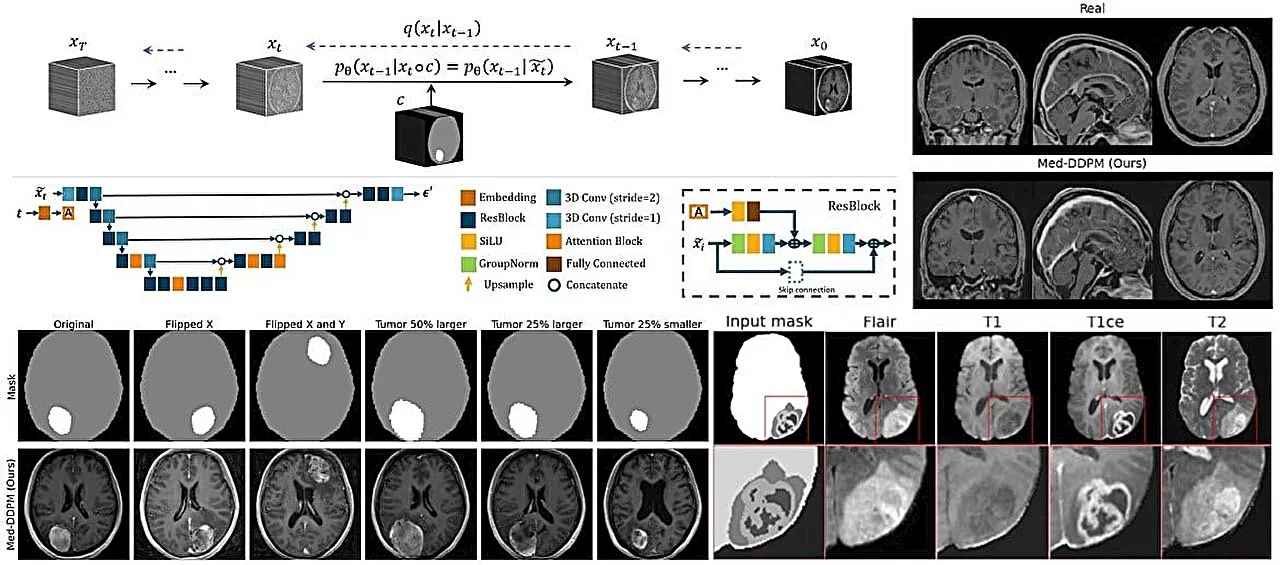 AI model can generate 3D brain MRI images while addressing data scarcity and privacy concernsA novel artificial intelligence approach can generate 3D brain MRI images using semantic segmentation masks, offering a breakthrough in medical image synthesis and privacy protection.
AI model can generate 3D brain MRI images while addressing data scarcity and privacy concernsA novel artificial intelligence approach can generate 3D brain MRI images using semantic segmentation masks, offering a breakthrough in medical image synthesis and privacy protection.
Read more »
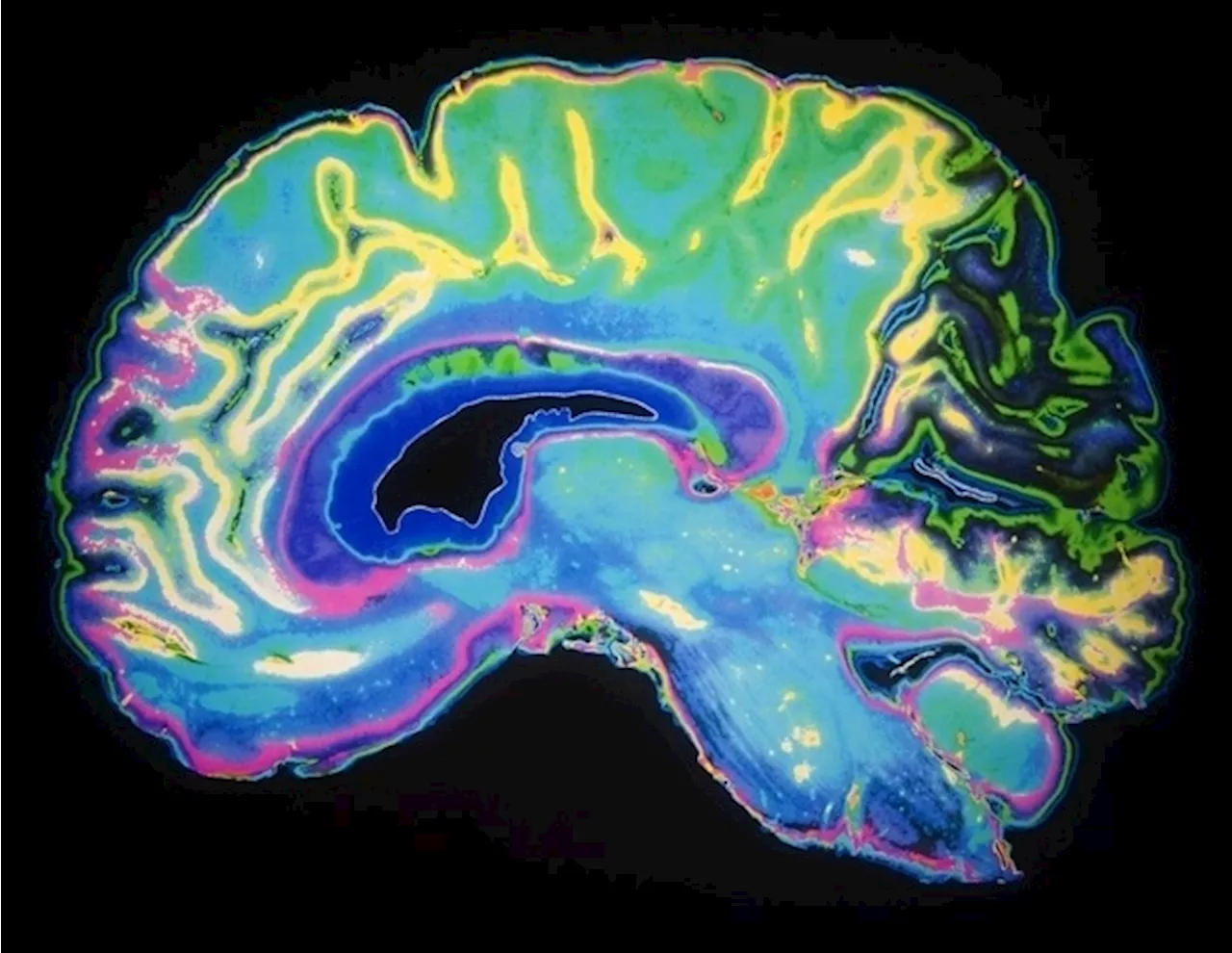 ChatGPT Shows Promise in Diagnosing Brain Tumors from MRI ScansA study by researchers at Osaka Metropolitan University found that ChatGPT, a large language model, achieved comparable diagnostic accuracy to human radiologists in identifying brain tumors from preoperative MRI scans.
ChatGPT Shows Promise in Diagnosing Brain Tumors from MRI ScansA study by researchers at Osaka Metropolitan University found that ChatGPT, a large language model, achieved comparable diagnostic accuracy to human radiologists in identifying brain tumors from preoperative MRI scans.
Read more »
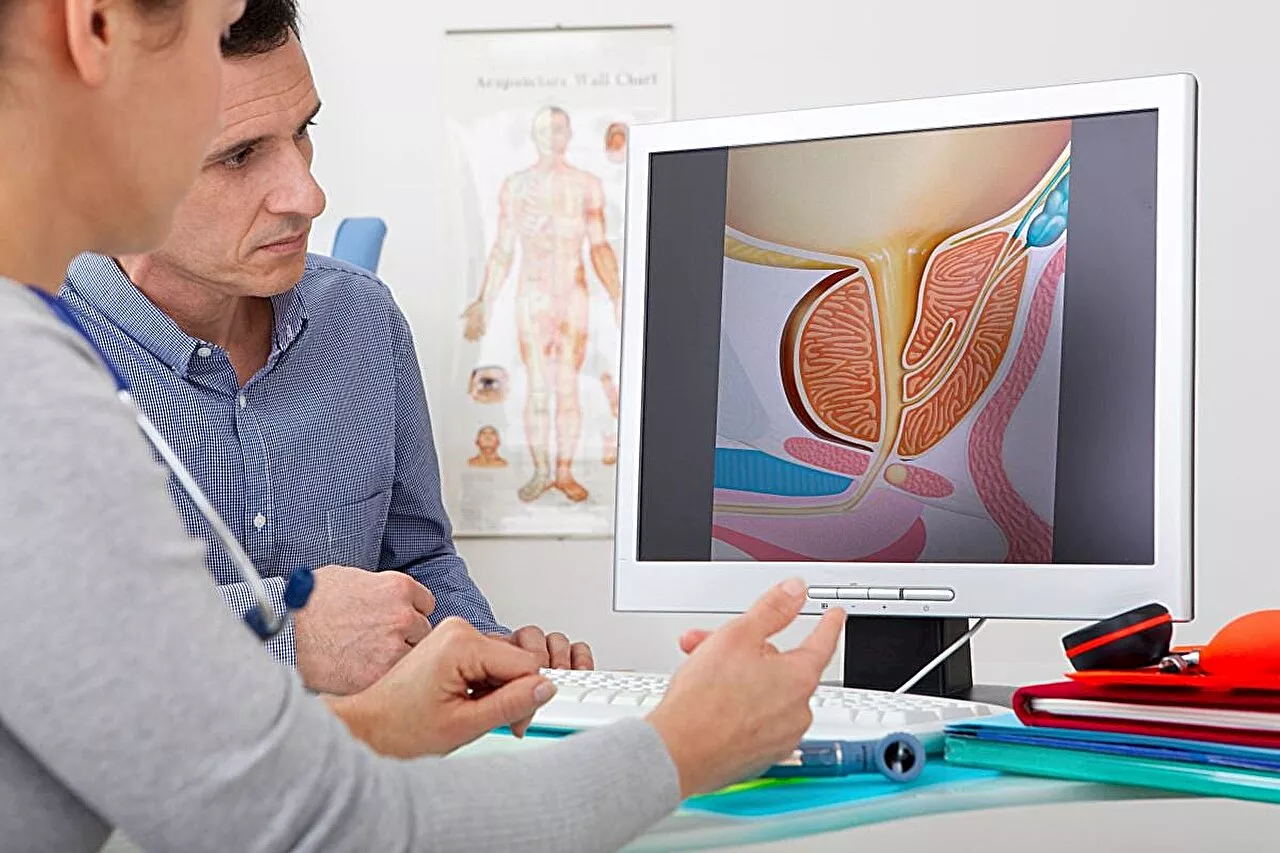 Omitting biopsy with negative MRI reduces detection of clinically insignificant prostate cancer: StudyOmitting biopsy in patients with negative magnetic resonance imaging (MRI) results is associated with a significantly reduced relative risk for detecting clinically insignificant prostate cancer, according to a study published in the New England Journal of Medicine.
Omitting biopsy with negative MRI reduces detection of clinically insignificant prostate cancer: StudyOmitting biopsy in patients with negative magnetic resonance imaging (MRI) results is associated with a significantly reduced relative risk for detecting clinically insignificant prostate cancer, according to a study published in the New England Journal of Medicine.
Read more »
